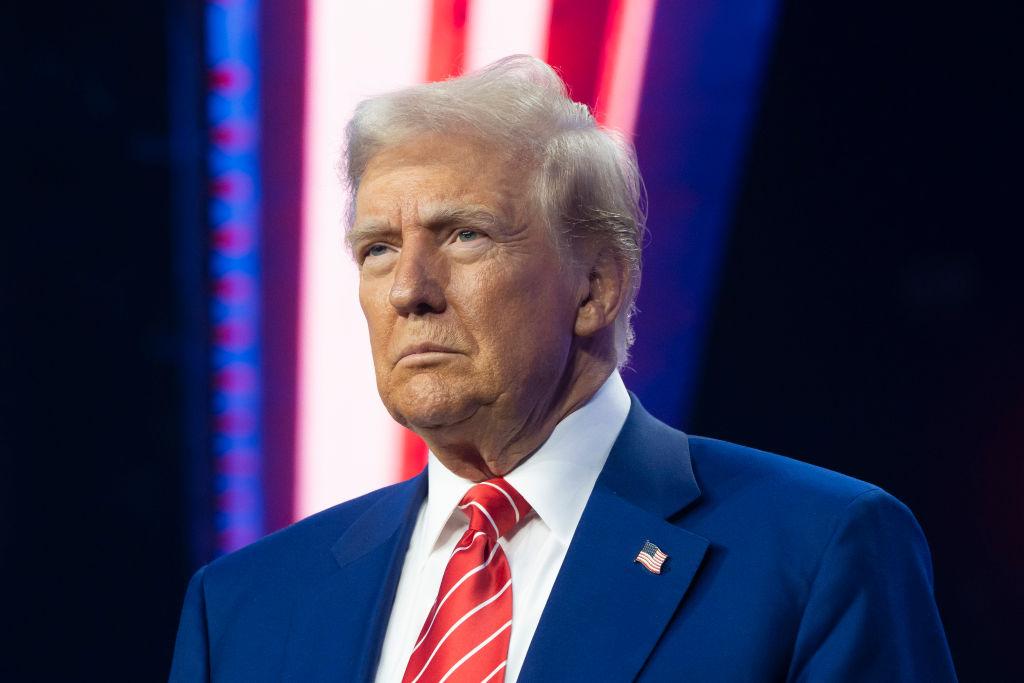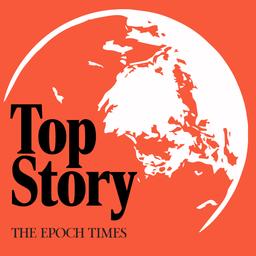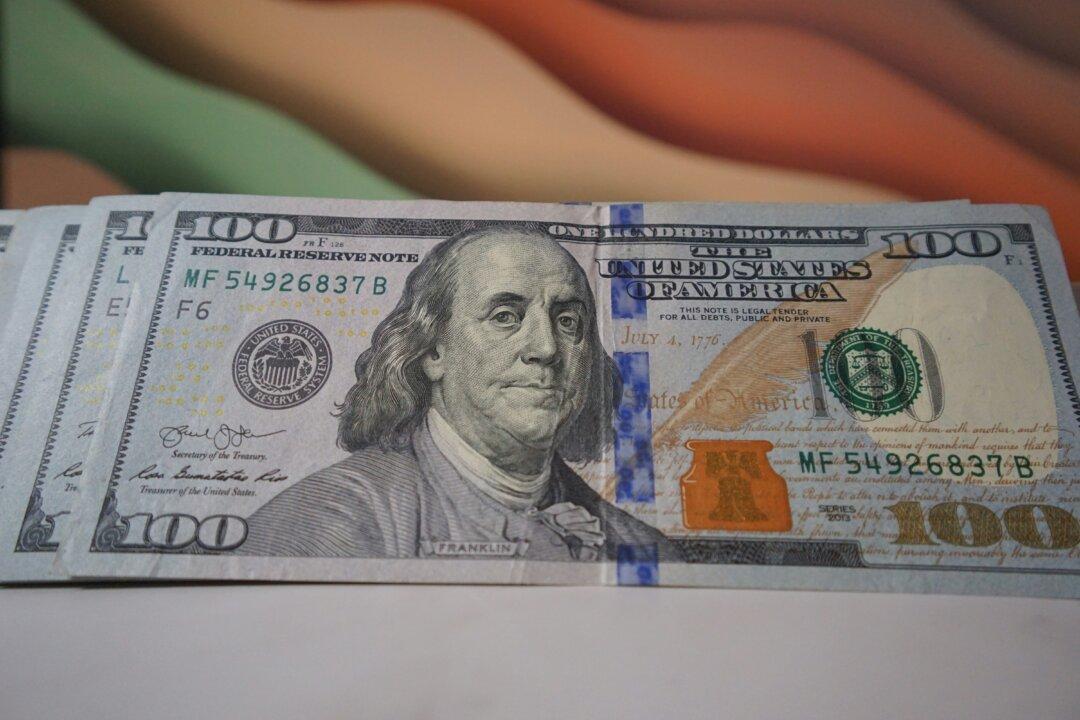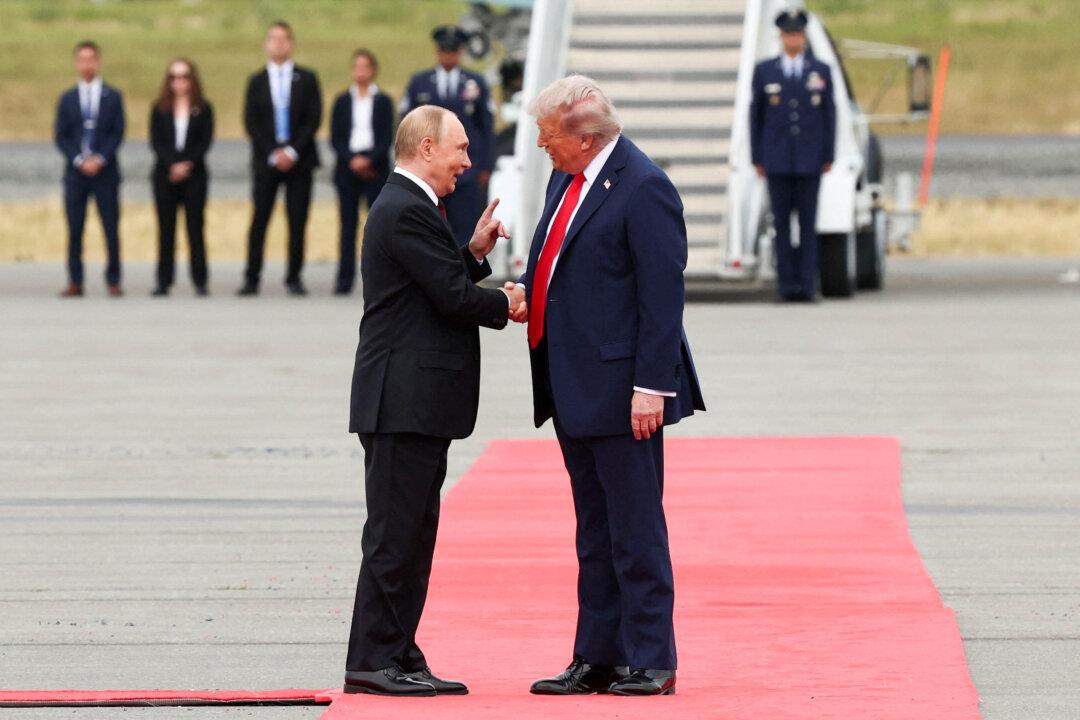This text appeared in the ‘Top Story’ email newsletter sent on Jan. 18, 2025.
President-elect Donald J. Trump’s return to the White House marks the end of a decades-long approach to governance and the beginning of a new kind of presidency that could reshape the institution and the nation well into the future.Post-Cold War policy marked by expanding federal intervention at home and globalist policy abroad will be replaced by Trump’s lone governing strategy: put America first.





